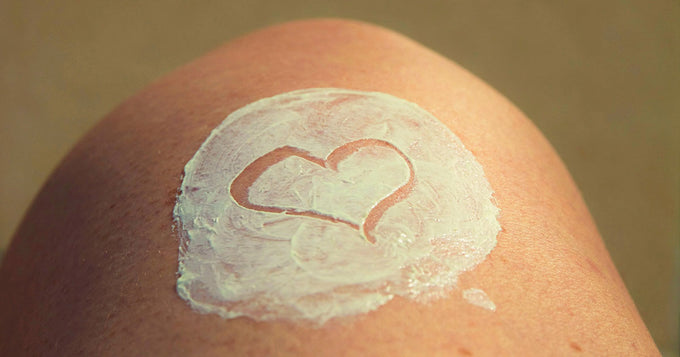15 Tips for Success with Sunscreen

If you remember just 15 things about sunscreen, these are the 15 tips to know to ensure you find the right sunscreen and know how to apply it properly. These tips will help you forgo sunburns, prevent skin cancer, and make you a better global citizen.
Today, UV Skinz shares our 15 tips for sunscreen success and why you need it.
15 Sunscreen Tips You Need to Know
According to the Skin Cancer Foundation, sunscreen reduces your risk of skin cancer and helps prevent premature aging. It's one step of your sun protection strategy to help you stay sun safe. Here are 15 sunscreen tips you need to know before choosing a sunscreen as well as how to properly wear sunscreen:
1. Choose a Broad-Spectrum Sunscreen
Broad-spectrum sunscreens protect against both UVA and UVB rays.
2. Choose a Sunscreen with an SPF of 30 or Higher
Don’t think that a higher SPF level is drastically better, though. SPF 30 absorbs 97% of UV rays. SPF 50 absorbs just 1% more at 98%.
3. Apply Sunscreen Liberally
Put on 1 ounce of sunscreen to your entire body (do note that some people may need more than that, so try and apply sunscreen on your entire body, including your face, neck, back, shoulders, hands, arms, torso, legs, and feet.
4. Apply Sunscreen Early
Once you’ve stepped outside is too late to apply sunscreen. For the best UV protection, put it on 30 minutes before sun exposure.
5. Reapply Sunscreen Often
For general use, reapply sunscreen every 2 hours. Do it more often if swimming, sweating, or towel drying.
6. Reapply Spray Sunscreens More Often
Spray sunscreens aren’t absorbed by the skin like suncreams are, so you will need to reapply them more often. They tend to wipe off easier, requiring more frequent reapplication.
7. “Waterproof” Sunscreen Isn’t a Thing
No sunscreen is waterproof and legally can’t claim to be. The FDA requires sunscreen claiming to be water-resistant to state either 40 or 80 minute protection.
8. Check the Sunscreen's Expiration Date
If a sunscreen doesn’t have an expiration date, consider it to be good for 2-3 years. And yes, sunscreen can expire.
9. Be Careful with Makeup That States it Has "SPF"
Many skincare products include sunscreen. Only rely on products that have an SPF of 15 or higher. Even then, they are not intended for heavy sun exposure.
10. Don't Use Sunscreen on Babies Under 6 Months Old
Sunscreen is not recommended for infants under 6 months old. Instead, use shade and UPF clothing/swimwear for sun protection. If you need more advice on how to keep your baby sun safe, you can always read up on our blog posts about baby sun safety too.
11. Apply Sunscreen Before You Travel
You can get a sunburn through your car windows. Most cars, planes, and trains allow UV rays through their windows which can lead to sunburn. Tip: Your local window tinting company can add UV protection to your car windows.
12. Consider Mineral Sunscreen if You Have Sensitive Skin
Physical sunscreens using zinc and titanium are growing in popularity. They are gentler for sensitive skin. Mineral sunscreens are also better for the environment.
13. Remember Chemical Sunscreen Is Banned in Hawaii
Chemical sunscreens using oxybenzone and octinoxate do severe damage to coral reefs. Because of this, Hawaii, Key West, and the U.S. Virgin Islands have banned their sale. Mineral sunscreens are the sunscreen of choice in those locations.
14. There’s No Proof That Sunscreen Can Cause Cancer
A nasty rumor about sunscreen with vitamin A, or retinyl palmitate, has gone around claiming it could cause skin cancer. There is no data to support that claim.
15. Use More Than Sunscreen
The best sun protection is a 3-pronged defense: shade, coverage, and sunscreen. Enjoy a patch of shade in UPF 50+ clothing and apply sunscreen frequently.
There you have it. Keep these 15 tips in mind when using sunscreen and remember to use UPF 50+ clothing and swimwear as your first line of defense when it comes to sun protection.







